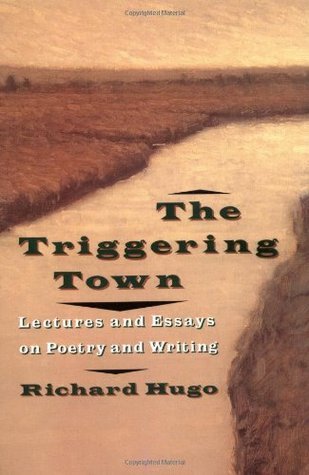What do you think?
Rate this book


128 pages, Paperback
First published November 30, 1978
Behind several theories of what happens to a poet during the writing of a poem--Elliot's escape from personality, Keat's idea of informing and filling another body, Yeats's notion of the mask, Auden's concept of the poet becoming someone elese for the during of the poem, Valery's idea of a self superior to the self--lies the implied assumption that the self as given is inadequate and will not do.
How you feel about yourself is probably the most important feeling you have. It colors all other feelings, and if you are a poet, it colors your writing. It may account for your writing. (p67)